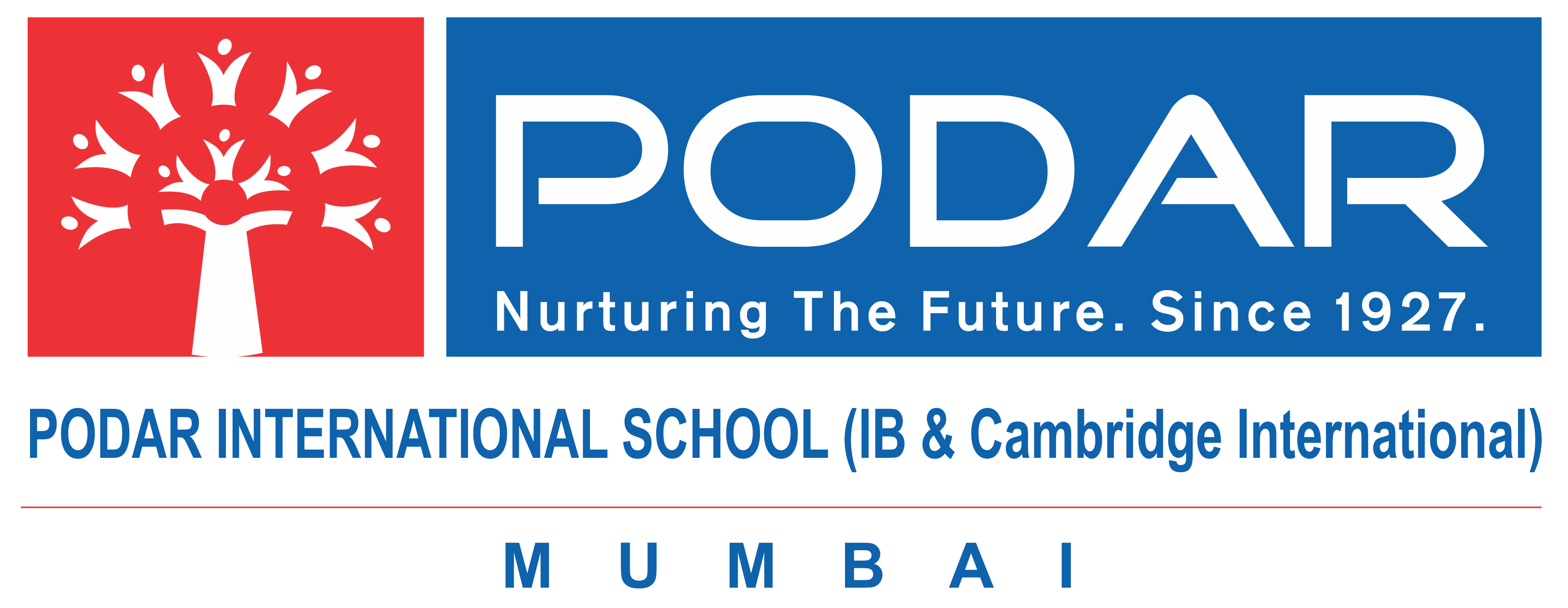Overview
 A risk assessment is a process to identify potential hazards and analyze
what could happen if a hazard occurs. A business impact analysis (BIA) is
the process for determining the potential impacts resulting from the
interruption of time sensitive or critical business processes.
A risk assessment is a process to identify potential hazards and analyze
what could happen if a hazard occurs. A business impact analysis (BIA) is
the process for determining the potential impacts resulting from the
interruption of time sensitive or critical business processes.
Risk assessment determines possible mishaps, their likelihood and consequences, and the tolerances for such events. The results of this process may be expressed in a quantitative or qualitative manner. With increasing regulatory and insurance requirements, it is more important than ever to have proper controls and measures in place. Risk assessment is an inherent part of a broader risk management strategy to help reduce any potential risk-related consequences.
More precisely, risk assessment identifies and analyses potential (future) events that may negatively impact individuals, assets, and/or the environment (i.e. hazard analysis). It also makes judgments "on the tolerability of the risk on the basis of a risk analysis" while considering influencing factors (i.e. risk evaluation).
Outcome & Benefits
 Every activity carried out by an organization involves certain risks. These
could negatively impact environmental, safety and societal areas and cause
damage to economic performance and corporate reputation.
Every activity carried out by an organization involves certain risks. These
could negatively impact environmental, safety and societal areas and cause
damage to economic performance and corporate reputation..png) Therefore, managing risk effectively helps you perform well in a context full
of uncertainty and build sustainable business performance over time.
Therefore, managing risk effectively helps you perform well in a context full
of uncertainty and build sustainable business performance over time..png) Our risk management services and solutions portfolio is mainly inspired by
the most commonly used popular international standard for Risk
Management - ISO 31000. We help you understand the core principles of
Risk Management, assess your maturity and gaps, and integrate Risk
Management into your management system.
Our risk management services and solutions portfolio is mainly inspired by
the most commonly used popular international standard for Risk
Management - ISO 31000. We help you understand the core principles of
Risk Management, assess your maturity and gaps, and integrate Risk
Management into your management system.












